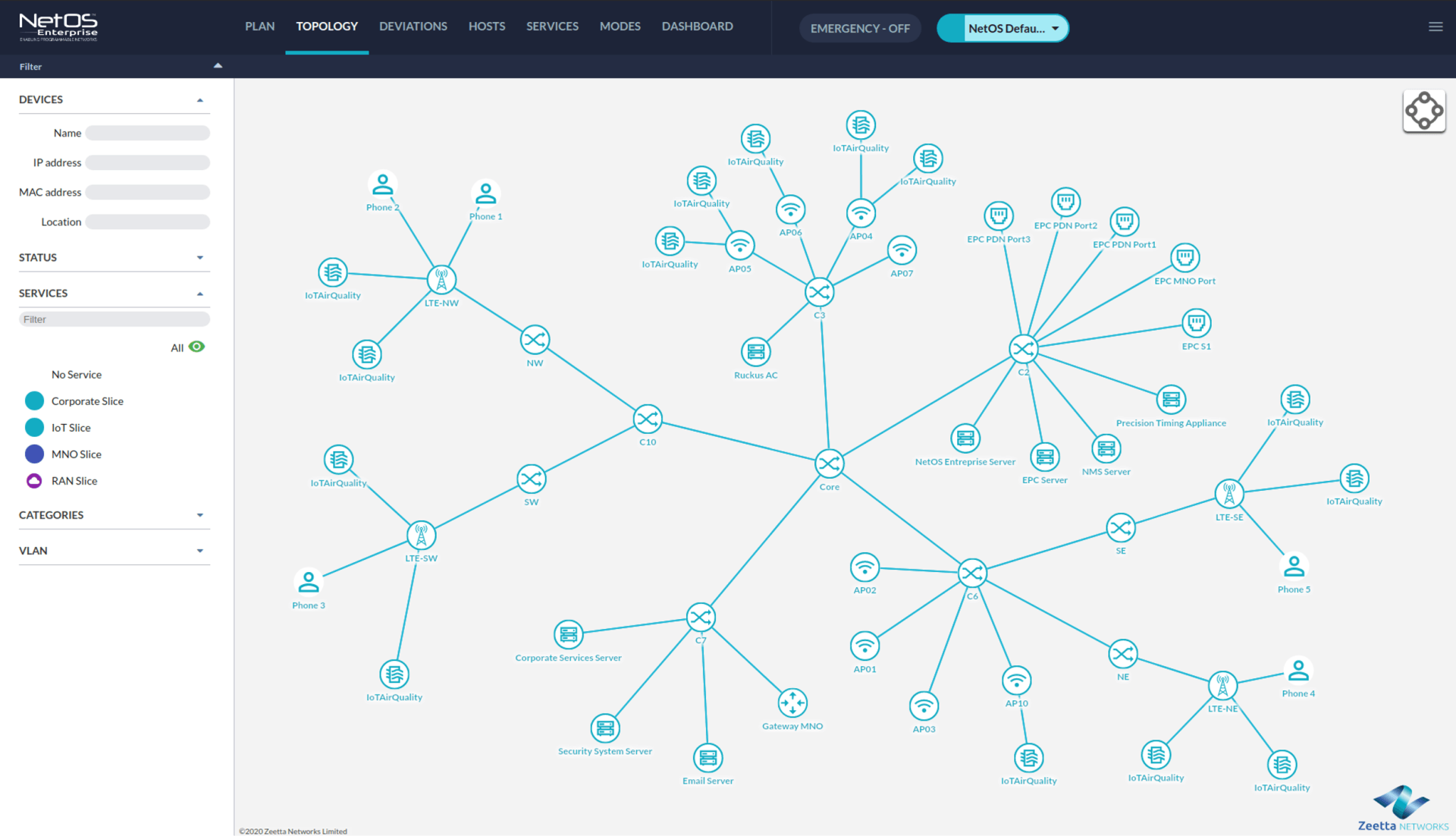
5G and manufacturing: the missing link to drive industry 4.0?
Mobile network operators developing 5G connectivity through upgrades to their existing 4G infrastructure are well underway in the UK bringing about super-fast connection speeds. The benefits of an upgraded network go far beyond offering mobile phone customers a boost in connection speeds, with 5G offering genuine potential to change the way people live and work, with multiple new use cases being developed each year.
In the summer, DLA Piper published its European Tech Index report, based on a survey of 350 senior business executives from across Europe who work in technology, financial services and the public sector. One-fifth (22%) believed 5G had the most growth potential in smart city applications with only 3% of respondents believing that manufacturing offered the greatest opportunities.
It is surprising that respondents to the Tech Index didn’t make more of the opportunities for 5G in the manufacturing sector, as we believe that this is one of the most exciting areas for exploitation of the technology. Manufacturing should be seen as one of the growth industries for investment in 5G as it has the potential to create the greatest value, has healthy ROI, and realisable benefits that will stimulate demand. Here are some of the reasons we believe this to be the case.
It has growth potential
Analysys Mason, through a report commissioned by Ericsson and Quantum Technologies in November 2020 estimates that smart manufacturing facilitated through 5G connectivity has the greatest growth potential in the UK as compared to the use of 5G connectivity in other sectors and areas. In the report, it was estimated that, based on all standalone 5G deployments in factories by 2025, an additional £5.2 billion of GDP could be generated by 2025, representing three quarters of the total projected additional economic growth from all 5G infrastructure deployed in the UK in the same period.
In another study by Huawei on the impact of 5G on the manufacturing industry, it was found that 5G connectivity could unlock $740 billion of value in manufacturing globally by 2030 based on models generated from 100+ interviews with senior manufacturing industry executives. Key countries include China, the US and Japan in their role as global manufacturing hubs.
5G in manufacturing supports use cases with tangible industrial benefits to stimulate demand and cover the cost of deployment
Manufacturers are in the best position to take advantage and reap the greatest rewards from the key features offered by standalone 5G deployments, namely ultra-low latency and high capacity. 5G connectivity in factories can support technology and use cases that will revolutionise the manufacturing industry, including automation and robotics, artificial intelligence and augmented reality operation of equipment. A connected factory can also support greater flows of data between people and machines, resulting in enhanced monitoring and surveillance. This can reduce downtime and raises the potential for predictive maintenance — both of which lead to increased productivity and reduced costs.
Beyond these economic and productivity benefits, the Analysys Mason Report recognises an environmental benefit. Due to the ability for increased information sharing and real time monitoring, 5G in manufacturing can reduce energy use and lead to a more efficient use of equipment, resulting in longer equipment lifetimes. This not only benefits the environment, but also reduces costs and increases productivity.
There have also been several trials in Europe to demonstrate both the real life benefits of a 5G connected facility and how use cases can be realised. For example, Worcester Bosch trialled the use of 5G connectivity to support the use of sensors within its factory to boost factory output (through predictive maintenance and robotics) which led to an increased factory output of 2%.
There is no getting away from the fact that a 5G standalone deployment will involve a large upfront investment, however it is clear that the costs can be covered by the subsequent value that will be generated. Ericsson has reported that the application of technology in factories that utilise 5G connectivity could result in a 10x to 20x return on investment for factory owners through cost savings, whereas the cost of inaction is equivalent to $650 million over five years for a tier one electronics company, and $500 million for a tier one automotive manufacturer.
The importance of 5G in manufacturing is already on the UK government’s radar
Given the fact that the UK is one of the world’s biggest manufacturing nations, the opportunities and importance of 5G in manufacturing is very much on the UK government’s radar. However, it also recognises that there are obstacles in the way of its ready adoption, including a lack of understanding of the value that 5G can bring. In order to address this the government has committed £3.8 million of DCMS funding earlier this year towards a 5G ENCODE project which involves the construction a 5G powered smart factory, to clearly demonstrate its benefits to others.
The manufacturing sector itself recognises the need for a “reset” to boost competitiveness and productivity
Make UK, the representative body for UK manufacturers, has recognised that the manufacturing industry has taken a hit due to COVID-19 and that it will take until 2022 before it can return to pre-COVID-19 levels. In its report “Responding, resetting and reinventing UK Manufacturing Post COVID-19”, it states that “manufacturers need to invest time and resources into innovation, research and development to improve the sector’s productivity and to enhance our competitiveness internationally”. Now is a prime opportunity for investors to partner with the industry to bring about such a reset through 5G.
Taking all the above points into consideration, the most likely deployment of standalone 5G infrastructure is likely to be funded commercially through the creation of private networks rather than relying on public mobile networks. Beyond the deployment of a network, further work will also be required at a factory level to upgrade to technology that utilises 5G. As a manufacturer, you could seek financial backing to invest in these private networks and new technologies, but it is also important for investors and telcos to engage with manufacturers to help them understand the opportunities and benefits available to their businesses. Given that private networks are likely to continue to be built by telco operators, there are also obvious opportunities for telecoms to partner with an investor or factory owner for the construction, deployment and management of a private standalone 5G network which can represent a long-term revenue stream.
Despite increasing evidence of the benefits and returns that 5G could bring to manufacturers, adoption currently remains disappointingly low. What is needed is a concerted and joined up effort by the UK Government, telcos and investors to educate manufacturers and to work with them to encourage investment in this exciting area. Once the first few early adopters demonstrate the reality of these benefits the floodgates will open.
Written by Mike Conradi, co-chair for international telecoms at DLA Piper and associate Christian Keogh







